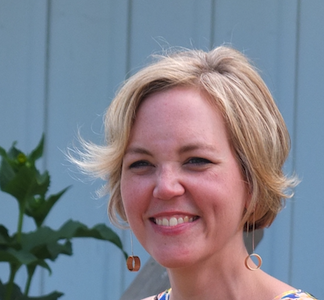Counselling after a miscarriage
While we are unable to provide a counselling service, but we do know how helpful professional counselling can be. It’s not unusual to feel the need for extra support after a miscarriage, or miscarriages, or pregnancy loss.
A good counsellor can help you understand more about yourself – and your relationships – and find strategies to help you cope with greater ease. Having some space and time to speak openly about how you feel without judgement or criticism can make a huge difference too.
Finding a counsellor
We appreciate that there are often waiting lists for counselling via the NHS, but you may be able to access counselling through:
- your GP
- if you miscarried in hospital, there may be counselling offered via the early pregnancy unit (EPU), a bereavement nurse or midwife or a perinatal mental health service
- a self-referral to NHS Talking Therapies
Other options include:
- CRUSE, Mind or other national charitable counselling organisations
- the specialist counselling charity Petals
- BICA (British Infertility Counselling Association)
- your place of work or study, through an Employee Assistance Programme or occupational health scheme
- the Muslim Bereavement Support Service
- Chana for the Jewish community
- a private counsellor or psychotherapist
Working with/choosing a counsellor
Research suggests that it doesn’t really matter what type of counselling you choose (eg ‘person-centred’ or ‘integrative’). It’s more important that you trust and respect your counsellor and that you feel there is a good ‘fit’ between you.
We know how important it is for you to feel understood, and that it helps if a counsellor has some knowledge of the experience and management of miscarriage by healthcare professionals.
However, this doesn’t mean to say counsellors without specialist knowledge can’t help you. They may help with other difficult feelings like anxiety, low mood or intrusive thoughts.
Whoever you work with, if you feel that they don’t ‘get it’, tell them and explain why. Every miscarriage is unique, and they might need help to understand your experience and needs. If you really don’t feel comfortable, even after explaining things, it’s best to end the sessions and find someone else. This can take courage but it’s worth it.
Relationship counselling
It’s not unusual for miscarriage to strain a relationship. If you are seeking counselling for relationship and/or sexual problems, try Relate or Tavistock Relationships. Both offer low-cost support.
Other support services
You can find information about the support services offered by the Miscarriage Association on our ‘How we help’ page.

